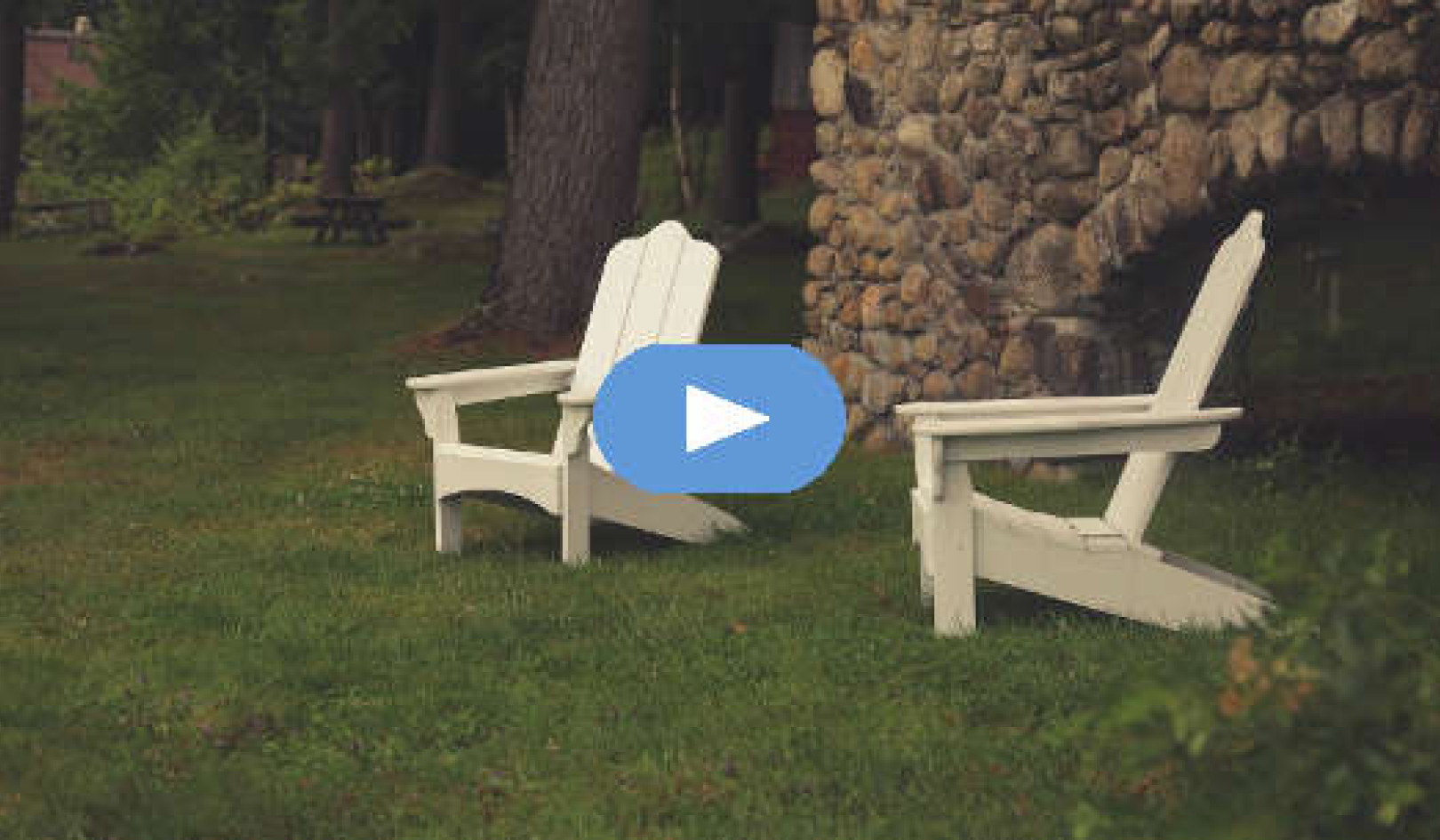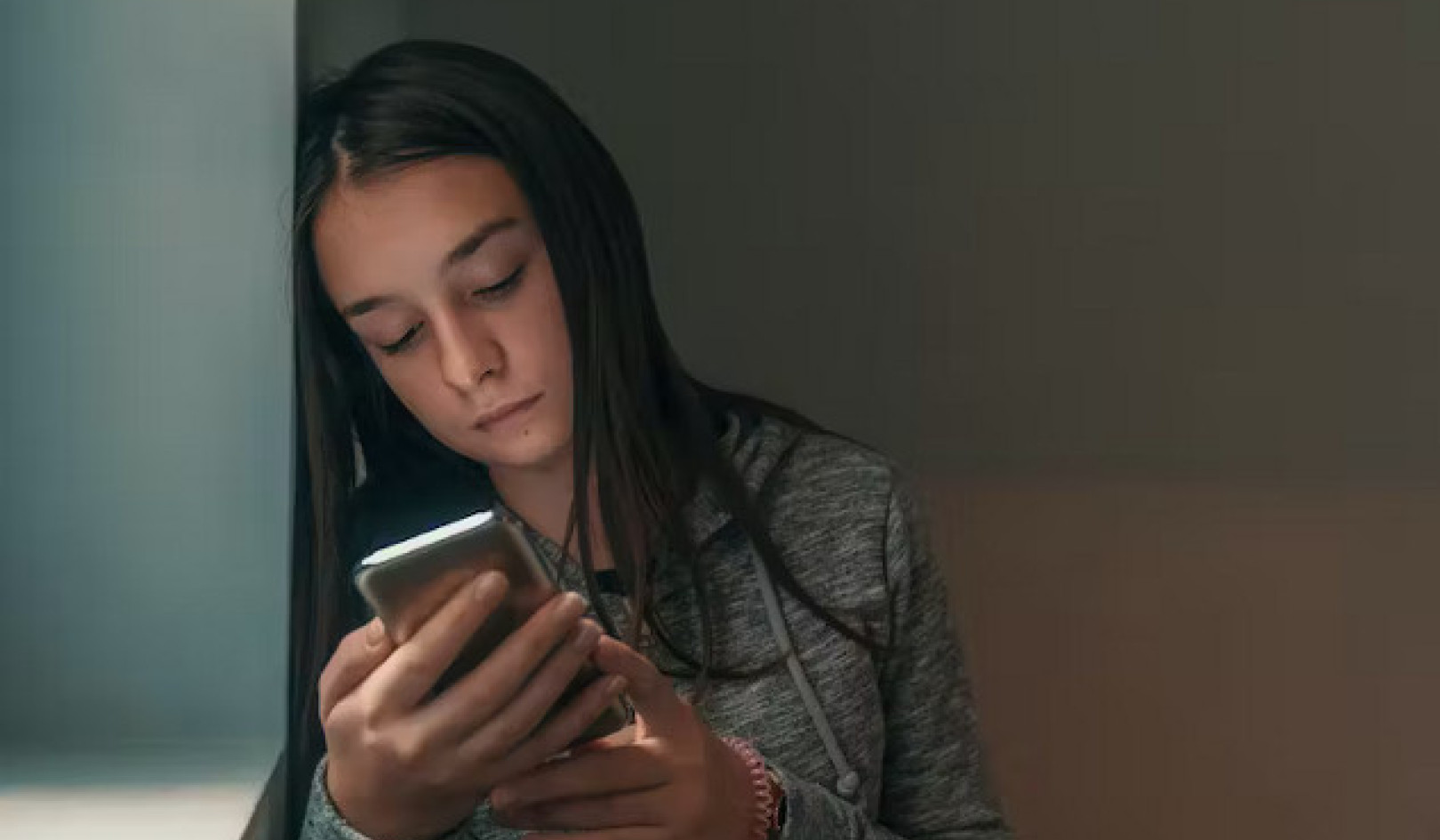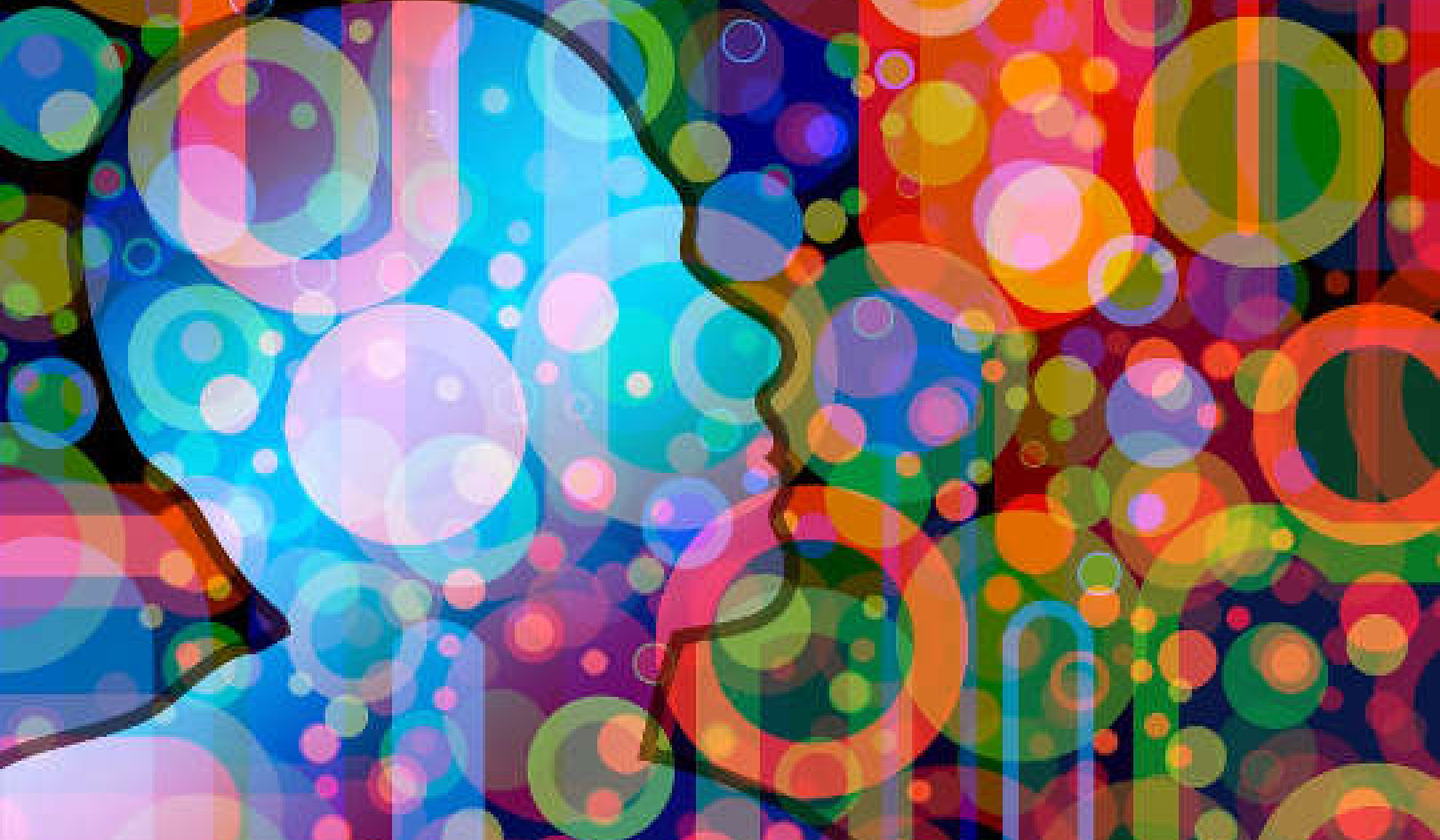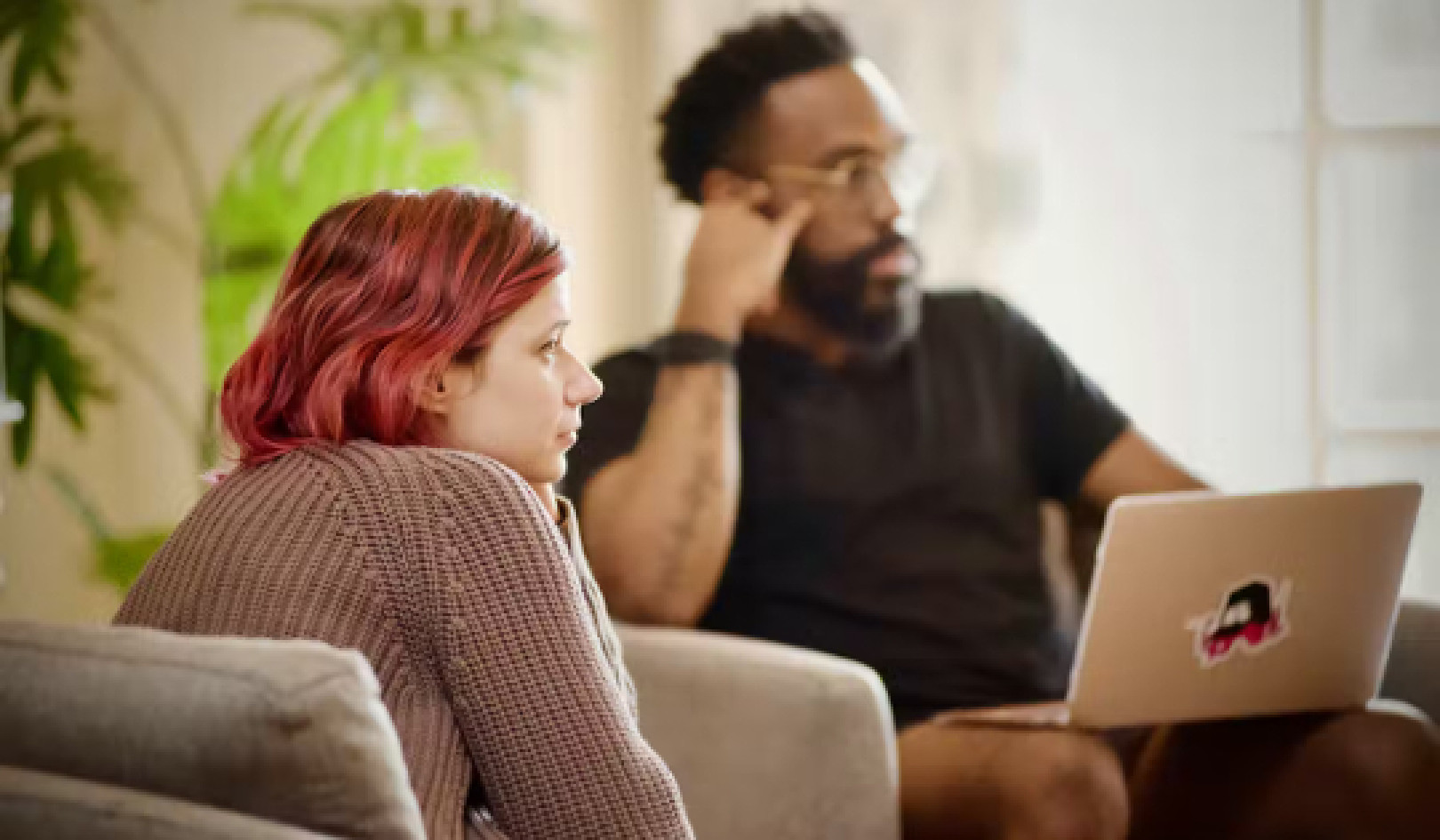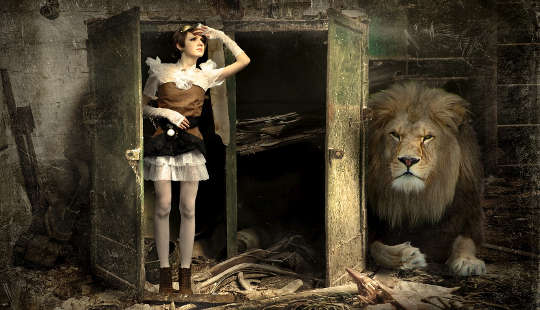
Image by Stefan Keller
Narrated by the author.
Watch video version on InnerSelf.com or on YouTube
It feels good to heal from damaging messages that you are “less than.” As this happens, you strengthen the voice that says, “You are so much better than this mess you were handed.” You become better at recognizing your boundaries and gain the ability to say “No.” You stop ignoring emotional pain and instead ask, “What’s this feeling about and what do I need to do with it?” The rules of fear begin to weaken, little by little, and you recognize that an oppressive world that harms, persecutes, and punishes does not take your self-worth with it.
That’s a tall order, particularly when your Otherness story is stoked by legitimate fear for the safety of yourself and people you love. The stains of hatred will not be erased simply because we’re becoming healthier and more whole. Yet, even as we mourn the dead and seek to advance peace and justice for those who are living, we must continue to work hard so despair does not win the day. Continue soaring freely, in spite of forces in life that can try us, and even break us, if we’re caught without tools for dealing with them. Whether or not these life events are directly related to our Otherness, we can continue rising in spite of their unpredictability.
Unpredictability and Uncertainty
The COVID-19 virus pandemic taught us a lot about unpredictability. If there’s one thing we learned, it’s that life as we know it can change in an instant. Although the virus doesn’t discriminate, its impact was magnified among communities of color and in poor neighborhoods—one and the same in many parts of America. Perhaps you got sick, lost someone dear, experienced significant financial loss.
On top of whatever happened, we were all isolated from resources: people we love, social outings, and routines that help us cope with stress, like going to the gym. Like all of us, you probably experienced more than your share of worry, fear, hopelessness, and other painful reactions to the uncertainty of the times.
A lot happens over the course of our lifespans. Whether we’re grieving a loss, navigating global and personal disasters, or experiencing stress over finances, it can all make us feel alone and isolated. In our hearts and minds, being isolated bears a striking resemblance to feeling cast out. Life itself can feel like the oppressor. When we experienced life as oppressive, it cycles us back into feeling Othered.
Isolation and Otherness
Isolation is the main culprit that keeps our experience of being Other alive. Our task is to create ways to prevent isolation from taking hold of our heads and feeding our story of Otherness. Being able to stop mind-chatter before it takes us down shame’s spiral is key to lifelong healing from Otherness.
With all the twisted forms of social mistreatment you have endured—the barbs and terrible lies that somebody in a position of power and influence would have you believe about your worth—I suspect that nothing they said was as terrible as the things you’ve told yourself when you were in the pits of your own hell.
If we can recognize this tendency to sink ourselves, we can do some preventative work to keep it from happening. Our prevention efforts must begin with a commitment to refuse to give our self-esteem and sense of worth to people or systems that diminished us in the past. The people who cast us as Other, and the system they represent, must no longer be the compass point we follow.
Picking Ourselves Back Up
We can learn to pick ourselves back up. A strong and unexpected headwind—whether a pandemic or a job loss or the death of a loved one—might knock us over and reinvoke that tendency to say to ourselves, “Well who do you think you are, anyway? You’re just a ____.” We may get hit with these things from time to time, but we don’t need to stay down.
It’s important to recognize all the ways we still carry our oppressor’s voice within us, making it our own and then reusing it against ourselves when life problems occur.
I think of this an internal oppressor: a voice that uses our moments of weakness to keep the shame cycle going. Although oppression and hate began outside of us, the internal oppressor was born long ago in school-yards, neighborhood streets, childhood homes, and landscapes where ancestors experienced extreme oppression.
Sometimes direct, sometimes subtle, our internal oppressor uses an arsenal of weapons to demoralize us and keep us feeling subservient to the system of dominance that we’ve lived under. An internal oppressor doesn’t need much to be sustained—it only needs negative self-talk and harsh critiques of who and how we are.
To weaken the internal oppressor, we must first understand its makeup, what it thrives on, and how it’s reactivated in times of stress and exhaustion. Healthy people who’ve done a lot of healing work still experience self-doubt, insecurities, depressed moods, and moments of heightened anxiety.
Understanding the Internal Oppressor
Of all the ways that a bully, dismissive teacher, disinvested caregiver, or any person tried to convince you of being “less than,” you’ll see that this oppressive person most effectively Othered you by using isolation to make you feel alone and afraid. Years later, long after these bullies may have disappeared from your life, your internal oppressor has you isolating again. That old messenger from the past is now an internal voice in your thoughts, and isolation is your go-to response for all life’s stresses, hurts, and worries.
Otherness reasserts itself each and every time we self-isolate in our pain. It does so through our internal oppressor, who tells us that we shouldn’t bother folks, we’ll be okay, we just need to get our mind on other stuff. These are the messages that arise from the belief that we do not matter enough to represent who we are and what we need. Notice this within you for a moment.
Okay, it was a moment, and it has passed. You don’t need to do this anymore.
You can weaken this internal oppressor who has kept you alone and isolated as you deal with life problems. It may seem abstract to imagine life with a significantly weakened internal oppressor who doesn’t get first say about you and your way of being. So we’ll explore how this can look, and identify signs that the oppressor’s hold on you is weakening.
Releasing the Stranglehold
As we heal from Otherness trauma, a number of notable changes occur. We start to think and act differently, in ways that at first are subtle. Maybe we don’t sink as far when we overhear or see something that would have once demoralized us.
If we do start to sink, we revisit our tools of change with a specific intent. Perhaps we spend a few minutes meditatively breathing and then talk back internally, saying, “Wait a minute—this mess isn’t about me, and I’m not being gaslit into believing it is.” We might refuse to rescue the self-esteem of someone who represents dominance in our lives, even becoming less interested in them or refusing to engage their games. If we must deal with them, we start representing ourselves as equals, worthy of having voice and space at the same table.
Each time we refuse to accept Otherness or someone’s attempts to dominate and define us, we weaken our internal oppressor. These are actions that represent a change in beliefs about our worth, our right to be, our dignity. Every now and again, as we start practicing an approach to life that comes from strength and choicemaking, we recognize: “Oh yeah, I wouldn’t have been able to do this before.” That voice is what reveals how much you are changing and growing stronger.
Even at the most difficult and isolating of times, we must make the choice to become aware of our internal oppressor. As we do so, it’s helpful to ask “What is feeding my inner oppressor right now?” and “In what ways am I allowing myself to be isolated?” Once alert, we can combat these tendencies by reaching out to build community with people who are directly invested in us or share our concern.
Learning to Live Our Truth
Our internal oppressor will try to rekindle each rule of fear that has silenced and oppressed us in the past. We have the right of refusal. So we can say “Yes” to many new things. We say yes! to being heard by someone who loves us, who wants to feel needed by us. We say yes! to our right to share our voice and a perspective others need to hear. We say yes! to inspiring people’s courage through our example. We say yes! to all the zest that comes with finally allowing ourselves to take up the space that’s ours to fill.
We must learn to live our truth, defined by neither external oppressors nor their messages that we internalized and made our own. To do this, we redefine our space in the world and how we represent it within, and between, our roles in life. We get to determine how we want to show up as individuals, partners, parents, professionals, creators, influencers— all the roles we occupy. This really is our moment in history.
As we become less referential to our oppressors as the source of how we believe we’re supposed to be and act, a natural question arises. We ask, “Who am I, if not that?” To truly define yourself—for no one but yourself, without someone else defining how you are supposed to think, live, and feel—you have a lot of exploring to do.
Copyright 2021. All Rights Reserved.
Reprinted with permission of the publisher,
New Harbinger Publications. NewHarbinger.com
Article Source:
The Healing Otherness Handbook
The Healing Otherness Handbook: Overcome the Trauma of Identity-Based Bullying and Find Power in Your Difference
by Stacee L. Reicherzer PhD
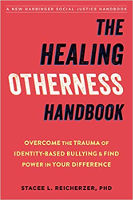 Were you the victim of childhood bullying based on your identity? Do you carry those scars into adulthood in the form of anxiety, depression, post-traumatic stress disorder (PTSD), dysfunctional relationships, substance abuse, or suicidal thoughts? If so, you’re not alone. Our cultural and political climate has reopened old wounds for many people who have felt “othered” at different points in their life, starting with childhood bullying. This breakthrough book will guide you as you learn to identify your deeply rooted fears, and help you heal the invisible wounds of identity-based childhood rejection, bullying, and belittling.
Were you the victim of childhood bullying based on your identity? Do you carry those scars into adulthood in the form of anxiety, depression, post-traumatic stress disorder (PTSD), dysfunctional relationships, substance abuse, or suicidal thoughts? If so, you’re not alone. Our cultural and political climate has reopened old wounds for many people who have felt “othered” at different points in their life, starting with childhood bullying. This breakthrough book will guide you as you learn to identify your deeply rooted fears, and help you heal the invisible wounds of identity-based childhood rejection, bullying, and belittling.
If you’re ready to heal from the past, find power in your difference, and live an authentic life full of confidence—this handbook will help guide you, step by step.
For more info and/or to order this book, click here.
About the Author
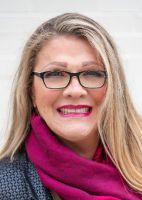 Stacee Reicherzer, PhD, is a Chicago, Illinois-based transgender counselor, educator, and public speaker for the stories of the bullied, forgotten, and oppressed. The San Antonio, TX, native serves as clinical faculty of counseling at Southern New Hampshire University, where she received the distinguished faculty award in 2018. She travels the globe to teach and engage audiences around diverse topics of otherness, self-sabotage, and imposter phenomenon. She is the author of The Healing Otherness Handbook (New Harbinger, April 2021).
Stacee Reicherzer, PhD, is a Chicago, Illinois-based transgender counselor, educator, and public speaker for the stories of the bullied, forgotten, and oppressed. The San Antonio, TX, native serves as clinical faculty of counseling at Southern New Hampshire University, where she received the distinguished faculty award in 2018. She travels the globe to teach and engage audiences around diverse topics of otherness, self-sabotage, and imposter phenomenon. She is the author of The Healing Otherness Handbook (New Harbinger, April 2021).
Visit the Author's website at DrStacee.com/























